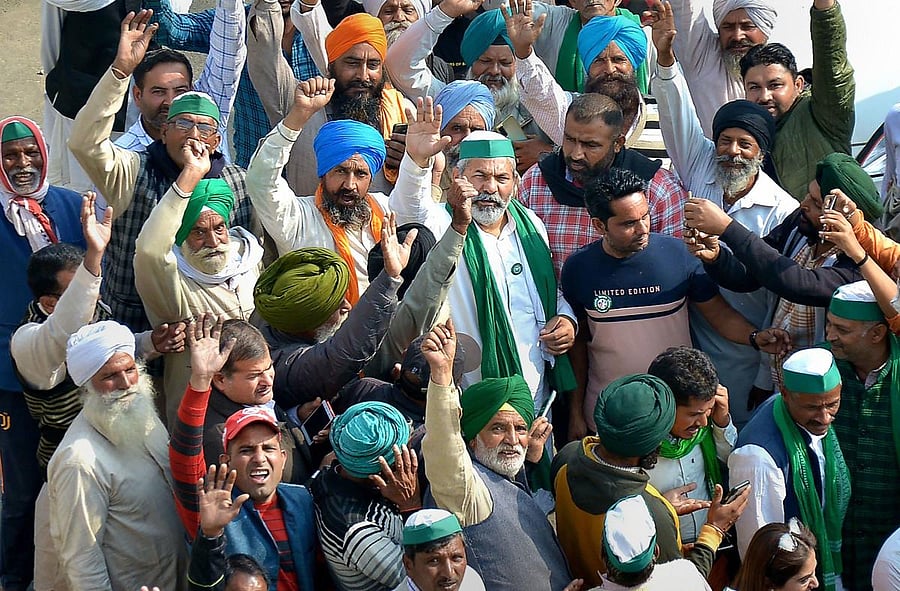
Most of those who were involved in the year-long farmers’ agitation or had a stake in it are pleased with its outcome in different ways and may draw different lessons from it. The farmers who had set up camp on Delhi’s borders demanding withdrawal of the three controversial farm laws the government enacted last year have suspended their agitation and started dispersing. Prime Minister Narendra Modi announced the withdrawal of the laws last month and the government has given assurances to the farmers on all their demands. These include institution of guarantees for the minimum support price, withdrawal of cases against protesters, compensation for the kin of those who died during the agitation, discussions with the farmers on the proposed electricity bill and suspension of penal action against stubble burning. Some of these are not decisions but promises but the farmers’ organisations will review the government’s actions on them next month before deciding whether the agitation should be formally called off.
The most important lesson to be drawn from the agitation and its outcome is that big executive decisions or legislative measures that affect the people or even some sections of people should be taken only on basis of the widest consultations, if not consensus. The government rammed the farm laws through on the strength of its numbers in parliament and even resorted to wrong practices to get them passed. This reflected an authoritarian mindset and an attitude that the government knew best what is good for the people, which should have no place in a democracy. The government has insisted even after the withdrawal of the laws that they were good for the people. It is known that it decided to withdraw them because the farmers’ agitation would hurt the BJP’s prospects in the coming Assembly elections in five states, especially UP and Punjab. If it only draws the lesson that it should be careful in dealing with some sections of people or taking decisions on some matters before elections, that would be a wrong and inadequate lesson.
The government may be relieved that an immediate electoral problem may be out of the way. The farmers may be happy that their demands have been addressed. The Opposition may be pleased that the government has been humbled on a major issue. But the agriculture sector in India needs reforms. An unfortunate consequence of the government’s misadventure and its mishandling of the agitation is that they may have given a setback to any plans to introduce genuine reforms in the sector. Decisions and actions on any issue become difficult in an atmosphere of distrust and confrontation. Democratic governance is not about confrontation but about consensus.
